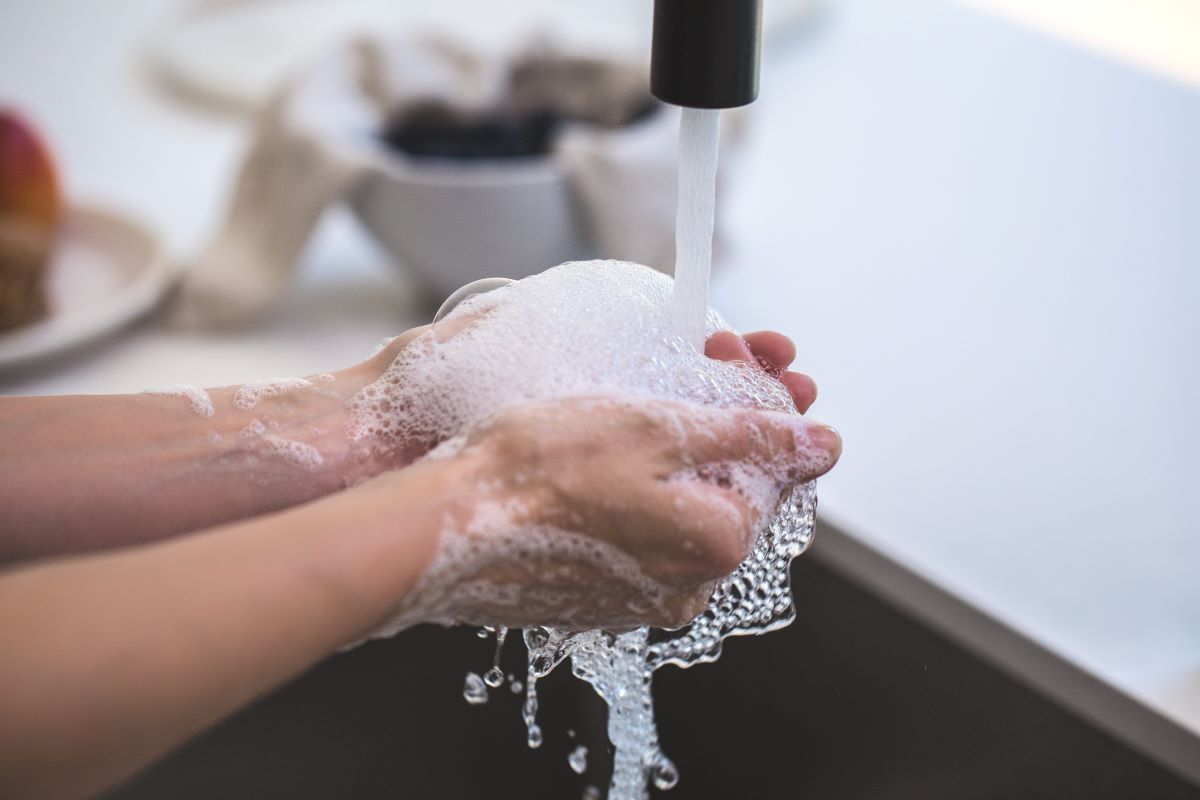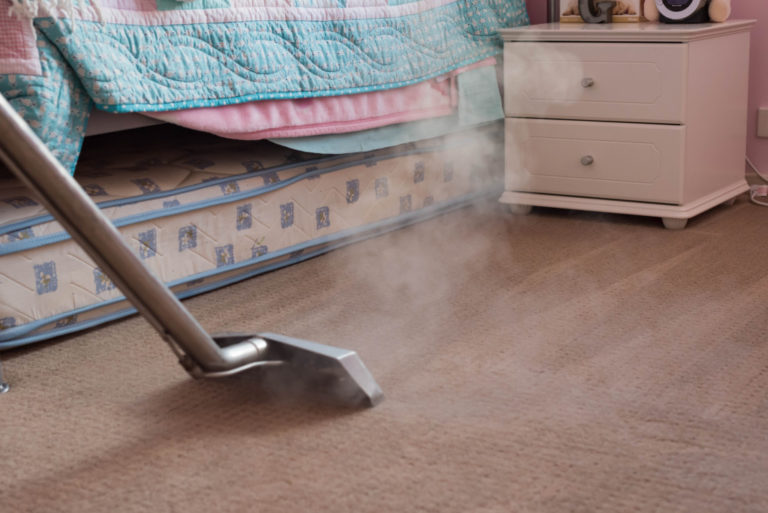The global outbreak of COVID-19 has highlighted the importance of preventative healthcare. As shelter-in-place measures and work-from-home setups are implemented across the United States, it has become even more crucial for our homes to become our safe havens in the midst of the coronavirus pandemic.
Keeping Your Home Office Environment Safe and Healthy
To help you maintain a home that can meet the current demand for sickness prevention, here are a few tips:
1. Manage air quality
Air pollution in the house can cause serious health issues. When dust and debris build up inside your home’s HVAC (heating, ventilation, and air conditioning) system, you and your family are at risk of contracting diseases from bacteria, fungi, and viruses. Dust also exacerbates seasonal allergies and chronic respiratory issues. In this uncertain time, it’s vital to avoid these harmful effects at all costs.
One way to clear the air at home is to hire a duct cleaning service provider. This way, you can have your HVAC system cleaned and ensure that it is working properly.
Additionally, cleaning your home’s air ducts can help you keep a comfortable temperature at home. By making sure it’s not too hot or too cold, you can avoid temperature-related health issues, such as heat cramps and exhaustion. Furthermore, a stable room temperature can help improve the lifespan and performance of your electronic devices, such as computers and tablets.
Air duct cleaning professionals also offer other essential services for excellent air quality. These include sanitizing your HVAC system, removing molds and odors, waterproofing your crawl spaces, and cleaning dryer vents.
2. Test for lead and radon
In this challenging time, testing for hazardous substances in your home is one expense that’s worth the money. Talk to your local health department and see if they can conduct testing your lead and radon in your home. You may also hire a certified professional.
If your home is built before 1978, it is likely to contain lead paint. Lead poisoning can cause serious brain damage, and can be fatal when there is prolonged exposure. When old lead paint chips and dust forms, the lead gets leaked.
On the other hand, radon is a radioactive gas that is a byproduct of soil and rock breaking down underneath your home. Left undetected, radon can cause cancer in the long run. Because soil and rock naturally decay over time, any kind of home can have a radon gas issue. It doesn’t matter whether your home is old or new, or whether it has a basement or not.
To test for radon levels, you can buy a test kit for around $20 at hardware stores. Remember, once you inhale radon gas, your chances of acquiring lung cancer significantly increases, even when you’re a non-smoker.
3. Get rid of pesticides
Annoying, harmful pests are a pain in the neck. But overexposure to pesticides can cause even more damage. Pesticides can lead to a wide range of health issues, among them asthma and brain development problems.
By ditching these expensive and hazardous chemicals, you’re not only saving money; you’re also saving the lives of your loved ones. Instead of using pesticides, opt for alternative ways to handle pests.
For instance, cleaning up food residue, sealing cracks, and keeping food jars tightly closed can keep roaches away. You may also want to explore natural, non-chemical ways to reduce pests. If all else fails, call your local pest control service provider.
4. Use Teflon wisely
So far, there’s no concrete evidence that Teflon cookware can cause cancer. Still, it pays to be cautious when using them. The Environmental Protection Agency has listed perfluorinated (PFC) chemicals as likely carcinogens, and PFCs are found in Teflon coating — a common feature in many pots and pans.
While the effects of this material is still being debated, it’s safer to use cookware that has a long, trusted track record of being safe: stainless steel, copper, enamel, cast iron, silicone, and anodized aluminum are ideal choices.

5. Wash your hands
Now that we have an ongoing pandemic, keeping your hands clean cannot be emphasized enough. Remember, according to a study by the University of Arizona, the average desktop computer has 400 times more germs than the average toilet seat.
You don’t need to use antibacterial soap to wash your hands. In fact, it may be better to skip it; some research has shown that hyper-cleanliness can weaken the immune system and contribute to antibiotic-resistant super bugs.
Instead, use regular soap. After all, it’s not really about the product you’re using, it’s about the method. For proper hand washing, moisten your hands first, rub them with soap for 20 seconds, then thoroughly rinse. Make sure you’ve cleaned between your fingers, on the back of your hands, and around nail beds.
Conclusion
Before COVID-19, the average employed American spent 7.9 hours in their office daily. These places were maintained and cleaned on an industrial and commercial scale for the safety of occupants.
But now that most employees have likely shifted to remote work, it’s high time to bring that industry-standard office environment home. In other words, it’s now up to you to uphold health and safety requirements in your household.




